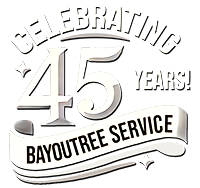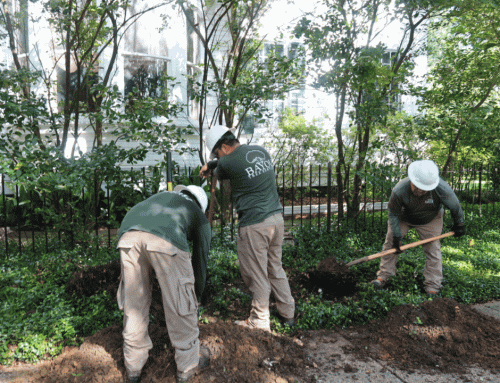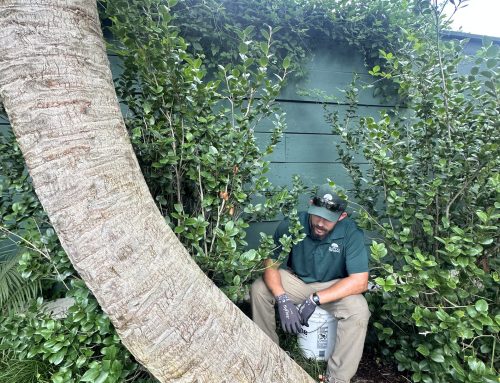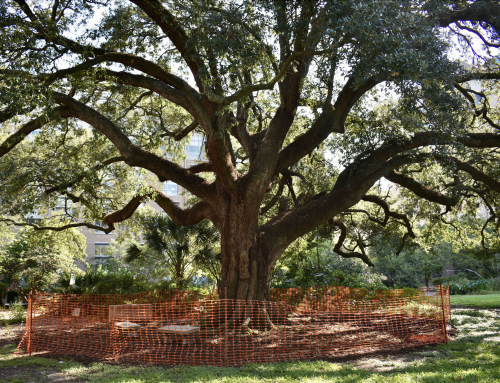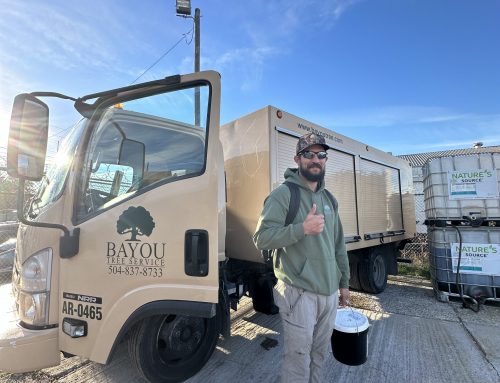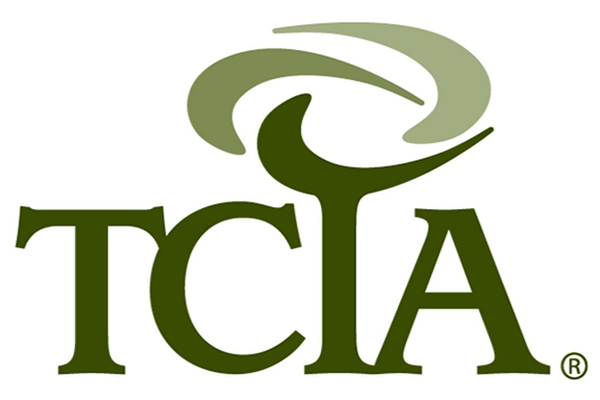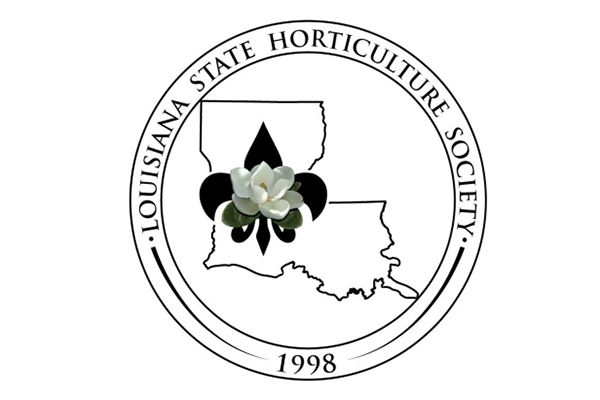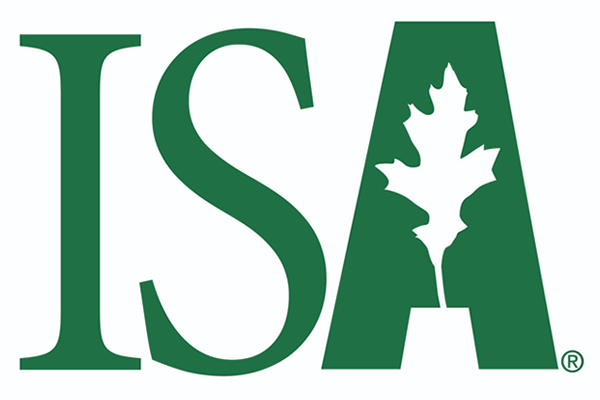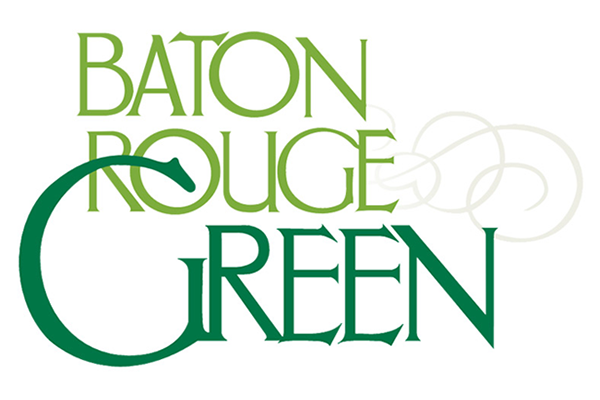Last spring, we watched as palm trees around Baton Rouge and New Orleans were showing the effects of hard freeze conditions. At the time, we recommended that tree owners either have their trees inspected immediately, or choose the option of sitting tight and seeing whether or not their trees recovered before removing them.
Now that we’re well into the summer of 2018, we’ve seen evidence that many Queen Palms people hoped would make it are, in fact, dead or dying off. And as before, we caution anyone from trying to climb or remove these trees on their own as it can be potentially dangerous.
But if you’re still holding out for the best, how do you know if your palm tree is going to make it?
Here are two ways to tell if your Queen Palm tree may be dying.
Does your palm tree have stains on the trunk?
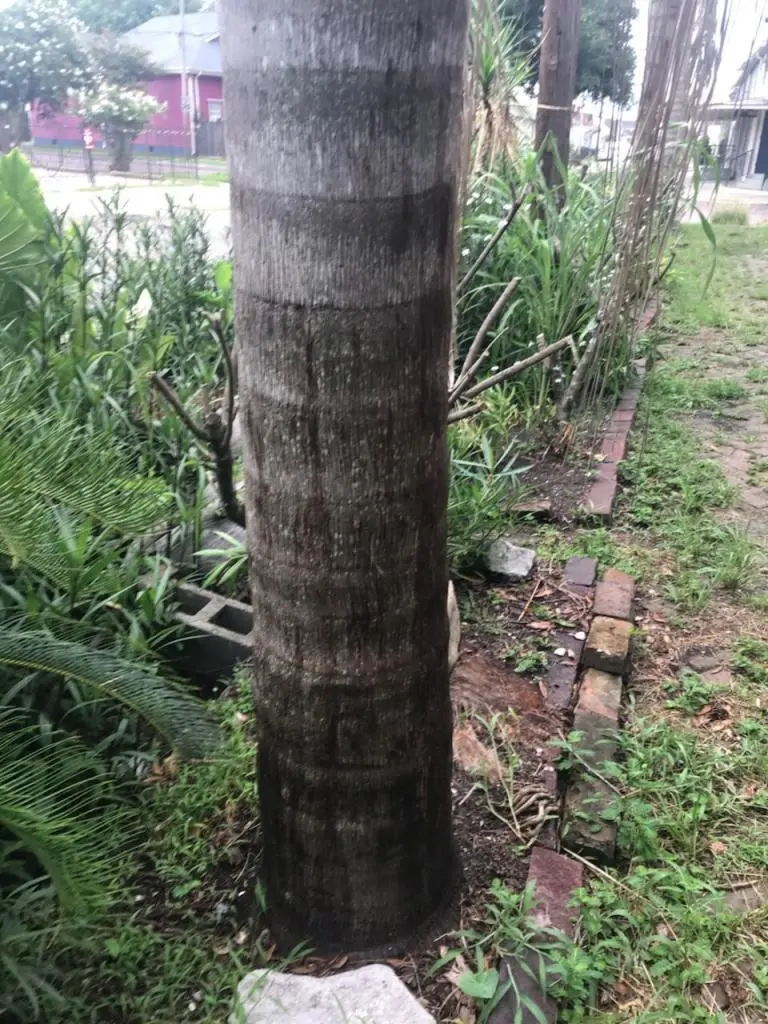
The first sign of a sick palm tree following a hard freeze takes a while to show up, which is why we’re only seeing the signs months after the freezing weather.
When palm trees freeze, they become susceptible to pests that bore into the trunk and start eating the insides of the tree trunk.
They leave bore holes behind, which allow bacteria in. These bacteria start decomposing the tree from the inside out, destabilizing the structure and making the tree unstable.
This process produces the stains you see above, especially on the north side of the tree.
When you see this, there’s a 99% chance the tree will have to be removed, even if the crown looks OK.
Is your palm tree’s crown broken?
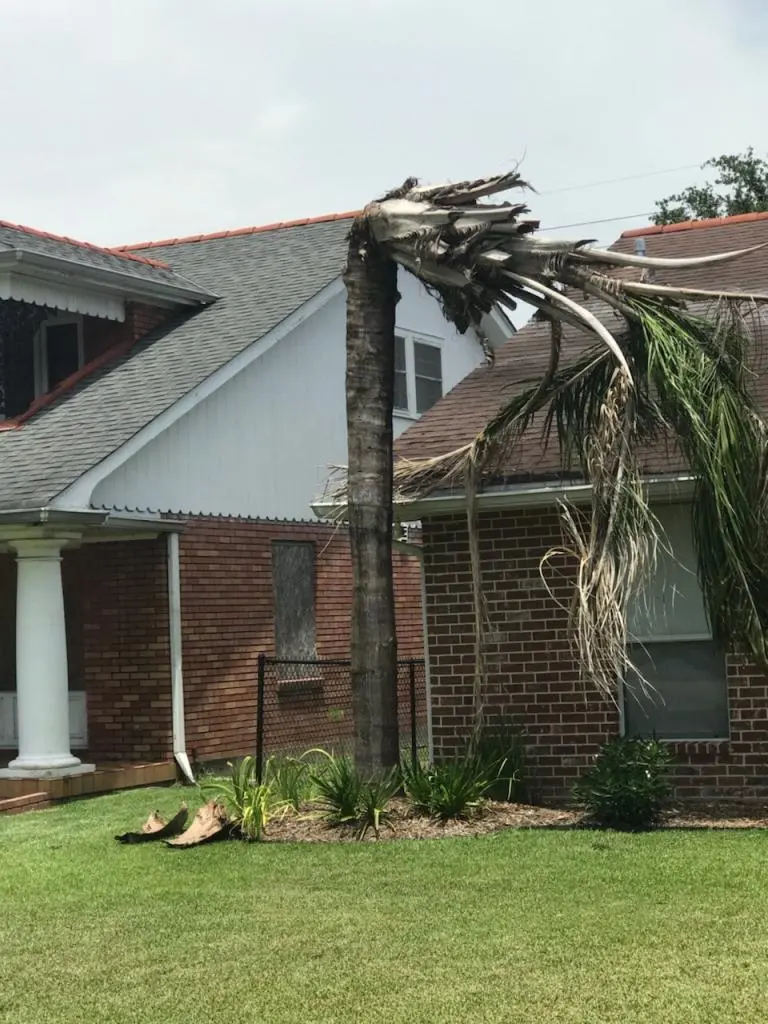
Do you have a tree that looks like this? We bet it has those telltale stains on the trunk.
Your tree is already starting to collapse.
Property damage is a concern, along with injury.
Don’t get injured trying to take care of it yourself!
Damaged palm trees can be very unstable and even though it may look simple, taking the tree down safely isn’t. These trees are very likely to simply collapse while you’re on top of a ladder, which could be catastrophic.
We use special equipment and have decades of expert experience to remove your palm tree without damaging your property or causing any injury.
Plus, we clean up and protect your property while on-site, so you don’t have to worry that your DIY effort may turn into a disaster.
Have you seen these signs?
If your Baton Rouge or New Orleans Queen Palm trees are showing these signs, they need to be removed for the safety of your family and protection of your property.
Our licensed arborists are here to help!
Contact Bayou Tree Service online for a consultation, or call us at (504) 608-0306 in New Orleans or (225) 314-7205 in Baton Rouge.
